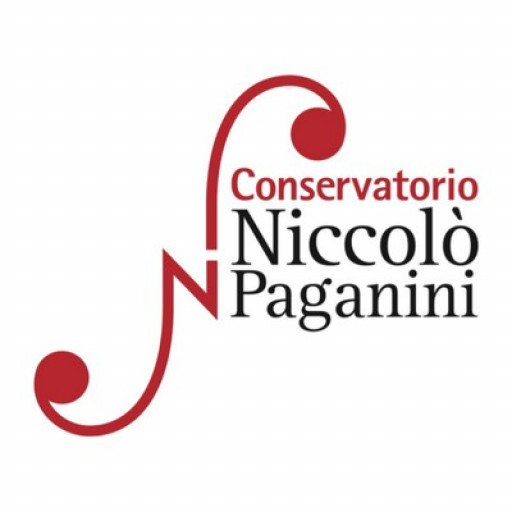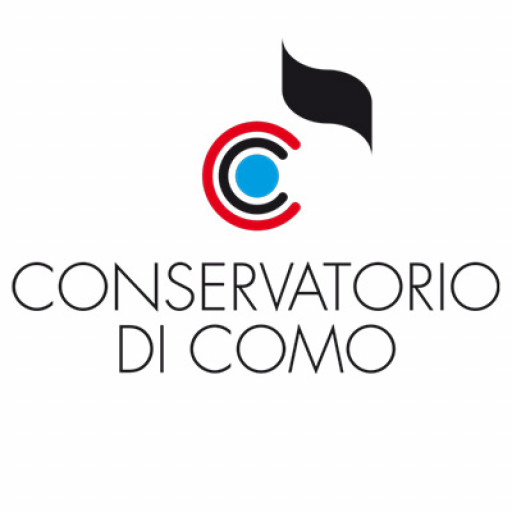Photos of university / #ucl
The BSc Applied Medical Sciences at University College London offers an in-depth exploration of the fundamental principles underlying human health and disease, preparing students for diverse careers in healthcare and biomedical research. This comprehensive program combines core scientific disciplines such as biology, chemistry, and physiology with practical laboratory skills and clinical knowledge, enabling students to understand the complexities of the human body and develop the competence required for advancing healthcare practices. Throughout the course, students engage with modules covering anatomy, biochemistry, pharmacology, and pathology, supported by cutting-edge research and innovative teaching methods. Emphasizing both theoretical understanding and applied skills, the program fosters critical thinking, laboratory competence, and a solid foundation for further graduate study or professional careers in medicine, biomedical sciences, healthcare management, or related fields. Students have opportunities for hands-on laboratory work, participating in real-world research projects and clinical scenarios, which enhance their practical expertise and problem-solving abilities. The program also encourages interdisciplinary learning, collaboration, and communication skills, essential qualities for working effectively in healthcare teams and research environments. With access to UCL’s state-of-the-art facilities, students benefit from a stimulating academic environment and close links with hospitals and industry leaders. Graduates of this program are well-prepared to pursue postgraduate degrees, including medicine, dentistry, or allied health professions, or to enter the biomedical industry as researchers, laboratory technicians, or healthcare analysts. The curriculum is designed to equip students with a comprehensive understanding of applied medical sciences, ensuring they are ready to contribute meaningfully to advances in health and medicine.
In each year of your degree you will take a number of individual modules, normally valued at 0.5 or 1.0 credits, adding up to a total of 4.0 credits for the year. Modules are assessed in the academic year in which they are taken. The balance of compulsory and optional modules varies from programme to programme and year to year. A 1.0 credit is considered equivalent to 15 credits in the European Credit Transfer System (ECTS).
Year one is demanding, covering the foundations of human biology and medicine. The core modules provide an understanding as to how the body works, what goes wrong in disease and how to treat it. You will be mostly based at UCL’s Royal Free campus in Hampstead, North London, and taught by world-leading scientists and clinicians. The programme is designed not just around individual excellence, but also on all-important team skills. As an example, you will be enrolled into one of four 'houses' which compete for points in various events, both fun and academic, including invention activities.
In year two, you will take five compulsory modules. There are a wide range of optional modules, of which you will select three. This flexibility will enable you to choose your own route within the biomedical sciences: between biomedical entrepreneurship, clinical trials, study of infection, or regenerative medicine and nanotechnology.
Years three and four follow a similar pattern, with modules built around a solid applied medical science core. You can tailor a programme to suit your needs and aspirations, while the core skills will give you the grounding to pursue a career you enjoy. You will also have a one-month professional placement and be engaged on a research project in both years.
A levels
Grades
AAA-AAB
Subjects
Biology and Chemistry required.
GCSEs
English Language and Mathematics at grade B. For UK-based students, a grade C or equivalent in a foreign language (other than Ancient Greek, Biblical Hebrew or Latin) is required. UCL provides opportunities to meet the foreign language requirement following enrolment, further details at: www.ucl.ac.uk/ug-reqs
IB Diploma
Points
36-38
Subjects
A total of 17-18 points in three higher level subjects including Biology and Chemistry, with no score below 5.
Accepted equivalent qualification(s) for Russia
Successful completion of one year of a Bachelor Degree or Specialist Diploma at a Russian university recognised by UCL, with an average of 4.5/5.
Study must contain subjects relevant to the programme of study at UCL.
Funding options for the Applied Medical Sciences program at University College London are diverse and aim to support a wide range of student financial needs. Undergraduate students may access government-backed loans and grants, such as the UK Student Loan, which covers tuition fees and provides maintenance support. International students might be eligible for scholarships, financial aid packages, or bursaries offered specifically for international entrants. UCL also offers a variety of scholarship schemes based on academic excellence, need, or specific demographic criteria. Graduate students pursuing advanced degrees in Applied Medical Sciences can apply for research council funding, university grants, or industry sponsorships, which often cover tuition fees and provide stipends for living expenses. The university's financial aid office provides detailed guidance on eligibility and application procedures for these funds. Additionally, external organizations and charities sometimes offer scholarships for students entering health-related fields, including Applied Medical Sciences. It is recommended that prospective students explore the official UCL funding website and contact the university’s financial aid advisors early in the application process to maximize their chances of securing financial support. Students are also encouraged to consider part-time work opportunities available on or near campus that are compatible with their study schedules. Furthermore, some students may qualify for student discounts on accommodation, travel, and other educational expenses, which can contribute significantly to overall cost management. Many students combine multiple sources of funding to cover their total study expenses effectively. It is important to prepare well in advance by gathering necessary documentation and understanding the deadlines for scholarship applications and financial aid submissions. Overall, the University College London offers comprehensive financial support options tailored to meet the diverse needs of its students studying Applied Medical Sciences, ensuring that financial barriers are minimized to facilitate access to quality education in this vital health-related discipline.
Applied Medical Sciences at University College London offers students a comprehensive overview of the fundamental aspects of medicine and healthcare. The programme is designed to provide a strong foundation in biological and medical sciences, equipping graduates with the necessary knowledge and skills to pursue careers in clinical practice, medical research, or further specialized training. The curriculum combines rigorous theoretical learning with practical skills, including laboratory work, clinical skills training, and independent research projects. Students study modules in human anatomy, physiology, biochemistry, pharmacology, and pathology, among others. The programme emphasizes an integrated approach to understanding human health and disease, encouraging critical thinking and problem-solving abilities essential for medical professionals.
Throughout the course, students have access to cutting-edge facilities and resources, such as advanced laboratories and simulation centers, which facilitate experiential learning. They are also encouraged to participate in research activities and internships, fostering a practical understanding of medical sciences in real-world contexts. UCL’s strong connections with hospitals, clinics, and research institutes provide opportunities for clinical exposure and collaboration with healthcare professionals. The programme prepares graduates for professional roles in healthcare, biomedical research, or further postgraduate study, including Medicine, Dentistry, or Biomedical Sciences. Additionally, students develop crucial transferable skills such as communication, teamwork, and ethical reasoning, which are vital in medical careers. The course’s structure and content are regularly reviewed and updated to align with current advancements in medical science and healthcare practices, ensuring that students are well-prepared for future challenges in the medical field.










